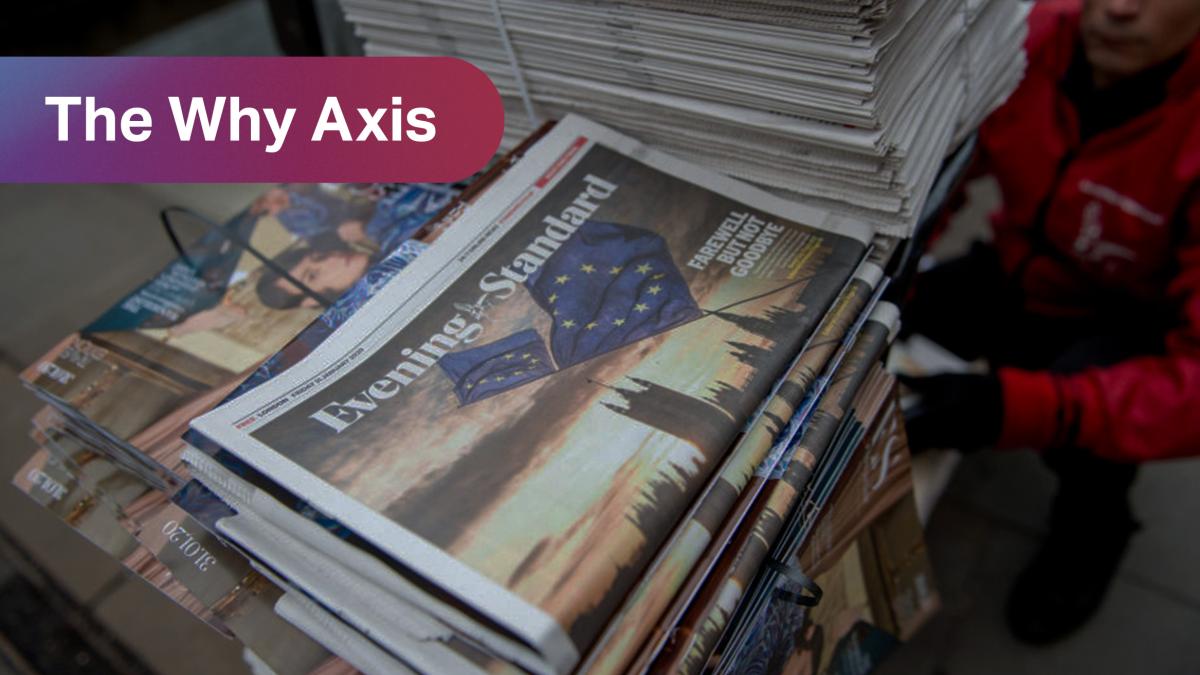How realistic is the proposed European defence industrial strategy?


The European defence industrial strategy (EDIS), proposed on 5 March, aims to strengthen the European defence technological and industrial base (EDTIB), a sector that turned over €70 billion in 2021. The strategy has a lot to recommend it: it takes a positive tone towards the defence industry and rightly wants to reduce fragmentation and strengthen the single market for defence. But three aspects of EDIS might need correction.
First, the strategy is overly positive in its assessment of the EDTIB capacities. While European ammunition production has increased substantially in the last two years, it still falls short of needs In a context in which Russian production has increased and Russia has secured supply from its allies. EDIS appears to downplay the immediate challenge of producing enough weapons and ammunition for Ukraine and to refill European stocks.
Second, the strategy proposes a much higher domestic share of production to meet procurement needs, without explaining properly why this is desirable. Using global supplies to respond to the demand shock for defence products is important for Europe and for Russia. Aiming for greater domestic production is warranted but doing so at the expense of foreign supply would be a mistake in the short term as ammunition would be missing and transatlantic relations could deteriorate. In the medium to long terms, strategic industrial policy in the defence sector might well benefit from not only focussing on the EU but including partner countries, such as the United Kingdom.
And third, the strategy needs to be bolder on funding. Public funding at EU level is extremely limited and access to private funding for smaller firms in the defence sector is more constrained than elsewhere.
Find out more about strategies for bolstering European security and addressing geopolitical uncertainties by watching Bruegel's event 'Defence as Europe's trump card: strategies to safeguard EU against potential American retrenchment'.
The Why Axis is a weekly newsletter distributed by Bruegel, bringing you the latest research on European economic policy.



